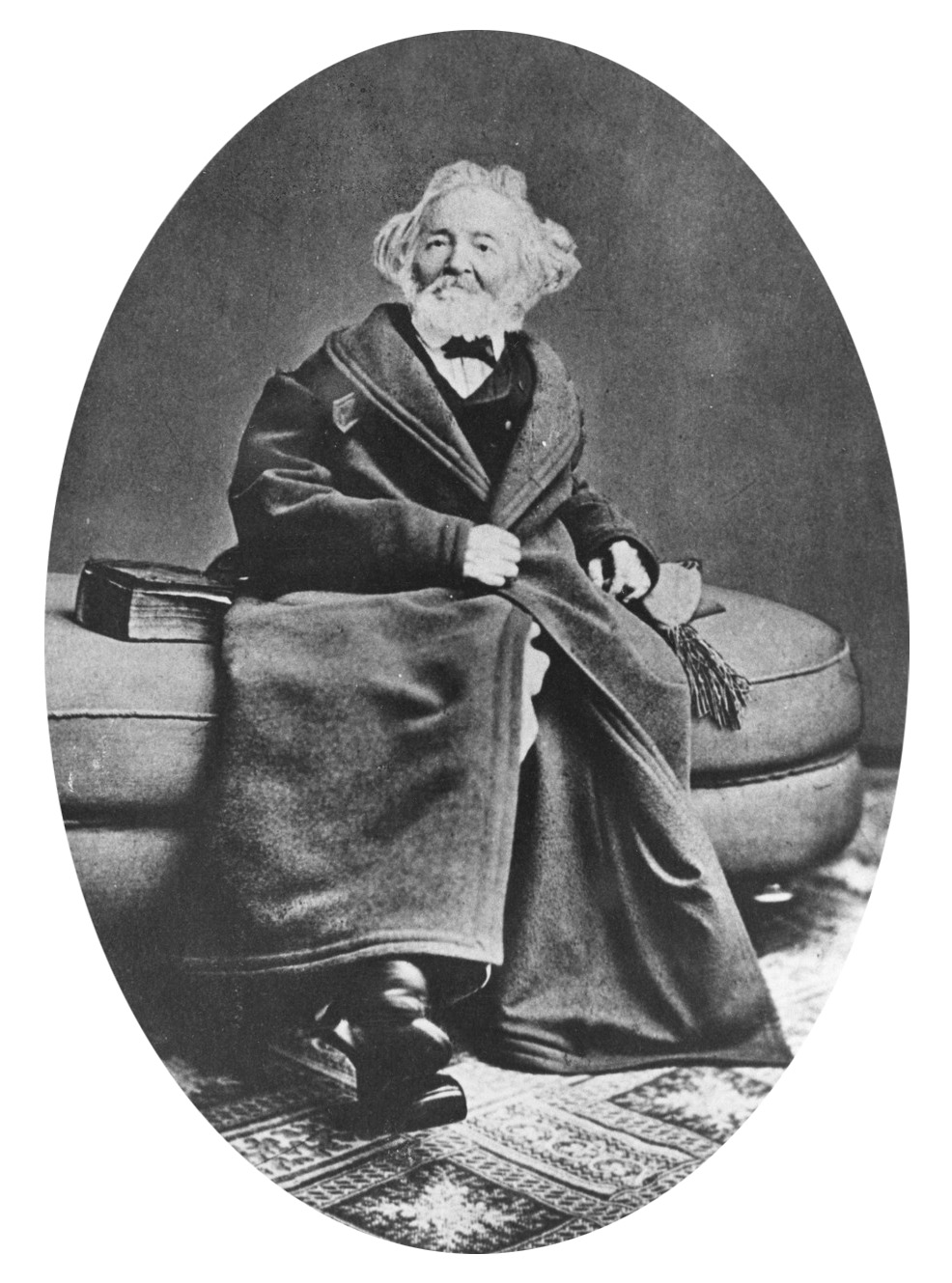|
Vuk Karadžić
Vuk Stefanović Karadžić ( sr-Cyrl, Вук Стефановић Караџић, ; 6 November 1787 (26 October OS)7 February 1864) was a Serbian philologist, anthropologist and linguist. He was one of the most important reformers of the modern Serbian language. For his collection and preservation of Serbian folktales, ''Encyclopædia Britannica'' labelled him "the father of Serbian folk-literature scholarship." He was also the author of the first Serbian dictionary in the new reformed language. In addition, he translated the New Testament into the reformed form of the Serbian spelling and language. He was well known abroad and familiar to Jacob Grimm, Johann Wolfgang von Goethe and historian Leopold von Ranke. Karadžić was the primary source for Ranke's ''Die serbische Revolution'' (" The Serbian Revolution"), written in 1829. Biography Early life Vuk Karadžić was born to a Serbian family of Stefan and Jegda (née ''Zrnić'') in the village of Tršić, near Loznica, ... [...More Info...] [...Related Items...] OR: [Wikipedia] [Google] [Baidu] |
Tršić
Tršić (Serbian language, Serbian Serbian Cyrillic alphabet, Cyrillic: Тршић, ) is a village in the municipality of Loznica, located in the Mačva region of Serbia. It is the birthplace of Serbian linguist and language reformer, Vuk Stefanović Karadžić. Most houses in the area are built out of wood. The village was destroyed by Ottoman forces during the Serbian Revolution, but was repaired and transformed into a museum to Karadžić. Tršić's closest settlement to it is Vukanovac. House of Vuk When making the ethno-park, attention was paid to the desire to permanently mark and preserve the memories of Vuk Stefanović Karadžić, Vuk and his work, and to preserve the natural environment and spatial values. In 1933, at the place where Vuk Karadžić's family home was, the memorial house was built: a two-piece log cabin and part of the basement, covered in a steep roof. One part of the chalets are a house and room, and another warehouse, kačara and corn-store. The house ... [...More Info...] [...Related Items...] OR: [Wikipedia] [Google] [Baidu] |
Philology
Philology () is the study of language in oral and writing, written historical sources; it is the intersection of textual criticism, literary criticism, history, and linguistics (with especially strong ties to etymology). Philology is also defined as the study of literary texts as well as oral and written records, the establishment of their authenticity and their original form, and the determination of their meaning. A person who pursues this kind of study is known as a philologist. In older usage, especially British, philology is more general, covering comparative linguistics, comparative and historical linguistics. Classical philology studies classical languages. Classical philology principally originated from the Library of Pergamum and the Library of Alexandria around the fourth century BC, continued by Greeks and Romans throughout the Roman Empire, Roman/Byzantine Empire. It was eventually resumed by European scholars of the Renaissance humanism, Renaissance, where it was s ... [...More Info...] [...Related Items...] OR: [Wikipedia] [Google] [Baidu] |
Serbian Revolution
The Serbian Revolution ( sr, Српска револуција / ''Srpska revolucija'') was a national uprising and constitutional change in Serbia that took place between 1804 and 1835, during which this territory evolved from an Ottoman province into a rebel territory, a constitutional monarchy, and modern Serbia. The first part of the period, from 1804 to 1817, was marked by a violent struggle for independence from the Ottoman Empire with two armed uprisings taking place, ending with a ceasefire. The later period (1817–1835) witnessed a peaceful consolidation of political power of the increasingly autonomous Serbia, culminating in the recognition of the right to hereditary rule by Serbian princes in 1830 and 1833 and the territorial expansion of the young monarchy. The adoption of the first written Constitution in 1835 abolished feudalism and serfdom, and made the country suzerain. The term ''Serbian Revolution'' was coined by a German academic historiographer, Leopold vo ... [...More Info...] [...Related Items...] OR: [Wikipedia] [Google] [Baidu] |
Primary Source
In the study of history as an academic discipline, a primary source (also called an original source) is an artifact, document, diary, manuscript, autobiography, recording, or any other source of information that was created at the time under study. It serves as an original source of information about the topic. Similar definitions can be used in library science and other areas of scholarship, although different fields have somewhat different definitions. In journalism, a primary source can be a person with direct knowledge of a situation, or a document written by such a person. Primary sources are distinguished from secondary sources, which cite, comment on, or build upon primary sources. Generally, accounts written after the fact with the benefit of hindsight are secondary. A secondary source may also be a primary source depending on how it is used. For example, a memoir would be considered a primary source in research concerning its author or about their friends character ... [...More Info...] [...Related Items...] OR: [Wikipedia] [Google] [Baidu] |
Leopold Von Ranke
Leopold von Ranke (; 21 December 1795 – 23 May 1886) was a German historian and a founder of modern source-based history. He was able to implement the seminar teaching method in his classroom and focused on archival research and the analysis of historical documents. Building on the methods of the Göttingen School of History, he was the first to establish a historical seminar. Ranke set the standards for much of later historical writing, introducing such ideas as reliance on primary sources (empiricism), an emphasis on narrative history and especially international politics ('' Außenpolitik''). He was ennobled in 1865, with the addition of a "von" to his name. Ranke also had a great influence on Western historiography and is considered a symbol of the quality of 19th century German historical studies. Ranke, influenced by Barthold Georg Niebuhr, was very talented in constructing narratives without exceeding the limits of historical evidence. His critics have noted the influence ... [...More Info...] [...Related Items...] OR: [Wikipedia] [Google] [Baidu] |



